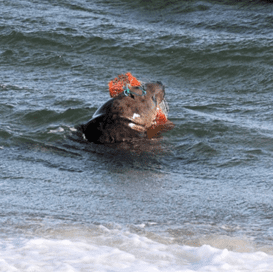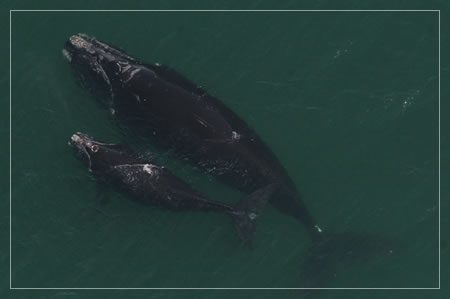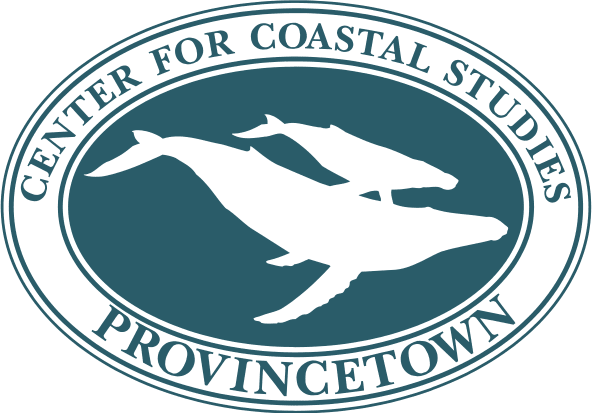Microplastics in Seal Scat
In 2016 – 2017, the CCS seal program was involved in collecting scat for a seal diet study. While sieving scat for hard parts (e.g. otoliths from fish, beaks from squid or denticles from skate), CCS detected inorganic micro debris in four samples. Thanks to a generous grant from the National Science Foundation that allowed CCS to obtain a FTIR spectrometer, Christy Hudak, a biologist in the CCS Right Whale Habitat Program, was able to identify the type of plastic debris.
Hudak and Lisa Sette’s note “Opportunistic detection of anthropogenic micro debris in harbor seal (Phoca vitulina vitulina) and gray seal (Halichoerus grypus atlantica) fecal samples from haul-outs in southeastern Massachusetts, USA” was published June 20, 2019 in Marine Pollution Bulletin.
An estimated 8.3 billion metric tons of plastic have been produced in the last 70 years, and less than 10% of it has been recycled (Geyer et al, 2017). Most plastic ends up in landfills, but a large portion ends up in the world’s oceans, where it can be consumed by marine animals that may mistake it for food. Plastics do not degrade like organic materials. Over time, plastics break down into microscopic particles, but will never truly go away. These microplastics have been detected in all environments across the earth, including in the food and water people consume.

Gray seal at Head of the Meadow beach, North Truro, MA mouthing debris. (Photograph taken by CCS under NOAA Permit No. 17670A)
It is important to remember to carefully manage trash and materials we use at the beach or on the water. CCS hopes to continue monitoring for the presence of plastics. Animals like seals, that forage widely both spatially and through the food chain, are important ecosystem sentinels for ocean health.
The seal work completed for this project was generously supported by the Island Foundation and Friends of Pleasant Bay.

Our Work
Humpback Whale Research
Right Whale Research
Marine Animal Entanglement Response
Marine Geology Department
Water Quality Monitoring Program
Marine Fisheries Research
Seal Research
Shark Research
Marine Education
Interdisciplinary
Marine Debris and Plastics Program
Marine Policy Initiative
Cape Cod Climate Change Collaborative
Publications

